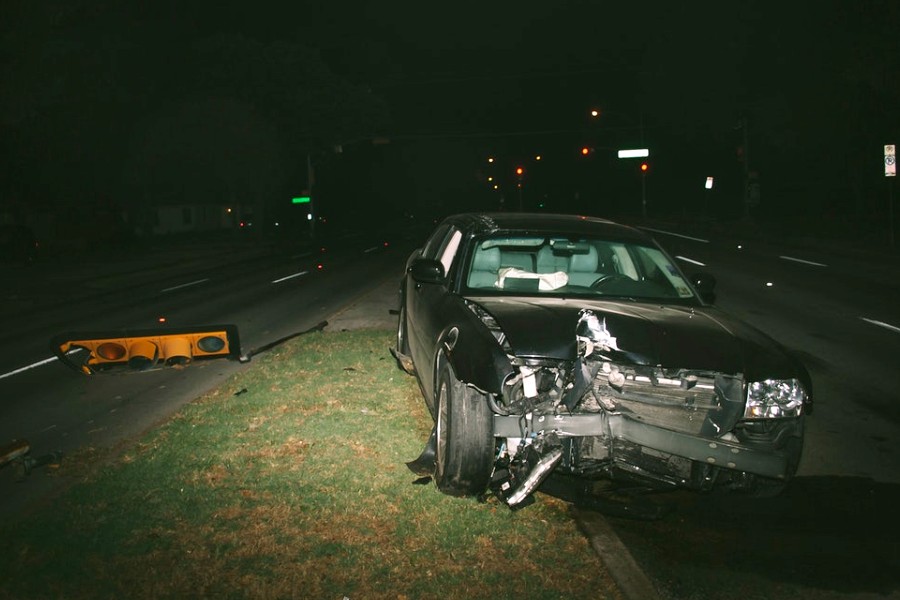
After experiencing a car accident, the aftermath can be quite overwhelming to deal with.
Navigating the legal landscape can add additional stress to an already trying time — that’s why you need to understand your rights and know how to protect them. Take a look at what steps to take following an accident, emphasizing your rights to ensure you’re well-informed during a challenging period.
Immediate Steps to Take After an Accident
Taking the right actions immediately after a car crash can significantly influence the outcome of any legal claims. Safety should always be the primary concern. Evaluate the situation and determine whether anyone needs medical attention. Calling emergency services is essential for accidents involving injuries or significant property damage.
Once safety is secured, exchange information with the other driver(s) involved. Obtain full names, contact details, insurance information, and license plate numbers. This information will be vital when filing claims or if disputes arise. Documenting the scene by taking photos of vehicle damage, road conditions, and any visible injuries can further bolster your case.
Legal Representation and Why You Need It
While it is possible to handle an accident claim on your own, having legal representation can make a significant difference in the outcome. An experienced car accident lawyer can guide you through the complexities of the legal system and ensure your rights are not ignored. They can negotiate with insurance companies on your behalf, significantly increasing the likelihood of receiving fair compensation.
A legal professional can assist in filing necessary paperwork and establishing a timeline of events that substantiates your claims. Regardless of the severity of the accident, legal representation can provide peace of mind and allow you to focus on recovery rather than battling the details of your case alone.
Understanding Fault and Liability
Determining fault is a central element in car accident cases. Various factors come into play, including traffic laws, driver behavior, and specific circumstances surrounding the accident. Investigating how fault is assigned can positively or negatively affect your case. In many states, comparative negligence rules allow for shared responsibility. This means that if more than one party is partially to blame, liability can be divided accordingly.
If you were speeding at the time of the accident but the opposing driver ran a red light, both parties could share fault. This division of liability would then impact how compensation is calculated. If you’re deemed to be primarily at fault, this could reduce potential claims against the other party’s insurance company.
Insurance Claims: What to Know
After an accident, informing your insurance company promptly is necessary. Failure to do so may jeopardize your claim. When communicating with insurance agents, be cautious about the information you provide. Only share the facts about the accident without admitting fault or providing unnecessary details that may complicate your situation. Your insurance policy outlines specific coverages like medical payments, property damage liability, and underinsured motorist coverage.
Familiarize yourself with these terms to understand what expenses are covered. In cases where negotiations don’t yield satisfactory results, consider escalating the issue to a supervisor or hiring a lawyer who specializes in dealing with insurance companies. Experienced legal experts can ensure that your rights are protected during this critical phase.
Documentation and Evidence Collection
Besides photographs from the accident scene, gather statements from witnesses willing to support your version of events. This first-hand testimony can provide invaluable support in courtroom scenarios or negotiations with insurance providers.
Medical records that outline injuries sustained during the accident will also be crucial if you choose to pursue a claim or lawsuit. Keep track of all medical expenses incurred, including hospital visits, rehabilitation, and any ongoing care. These details help paint a complete picture of how the accident has affected your life and will be instrumental if you decide to seek compensation.
The Role of Medical Records in Your Case
Insurance companies often require detailed medical documentation to validate claims of injury. Records provide evidence of the accident’s direct impacts on your physical, emotional, and financial well-being. It is essential to keep all documents related to your medical treatment. These include hospital discharge papers, bills, and personal doctor’s notes. Having this documentation readily available can expedite the claims process and strengthen your position should your case go to court. The more comprehensive your documentation is, the better your chances of receiving the compensation you deserve.
Understanding your rights after a car accident is essential for navigating the aftermath effectively. From immediate actions to gathering evidence, determining fault, and the role of insurance, being informed allows individuals to protect themselves. Working with a dedicated lawyer can help streamline the process and ensure your interests are prioritized throughout.
Become a Harlem Insider!
By submitting this form, you are consenting to receive marketing emails from: . You can revoke your consent to receive emails at any time by using the SafeUnsubscribe® link, found at the bottom of every email. Emails are serviced by Constant Contact








